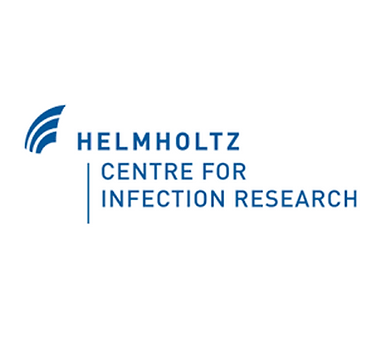Campylobacter jejuni is a major foodborne pathogen responsible for gastroenteritis every year. The major source of infections by this bacterial pathogen is contaminated poultry products. C. jejuni is a commensal of birds and can spread rapidly within poultry flocks. Bacteriophage treatments have been mooted as one potential approach but are usually disregarded due to bacterial resistance to infection.
C. jejuni encodes multiple restriction-modification (RM) systems that are known to contribute to phage resistance. Campylobacter-specific phages have adjusted to the variability in receptor availability and RM systems by diversifying to target multiple receptors and developing resistance mechanisms—the presence of hypermutable sequences within the coding regions of surface determinants. High-frequency mutations in these sequences are responsible for rapid and reversible switches in the expression of these antigens – referred to as phase variation.
This project aims to assess the extent of phage resistance in C. jejuni due to hypermutability and RM systems. The methods will include the growth of bacterial pathogens, propagation and testing of phage infections, construction of mutants in bacterial genes, PCR-based assays for detecting mutations in hypermutable sequences, and in silico modeling of the co-evolution of phages and bacteria.
To apply, please refer here https://le.ac.uk/study/research-degrees/funded-opportunities/bbsrc-mibtp
For more phage-related research opportunities, click here https://jobs.thephage.xyz/




